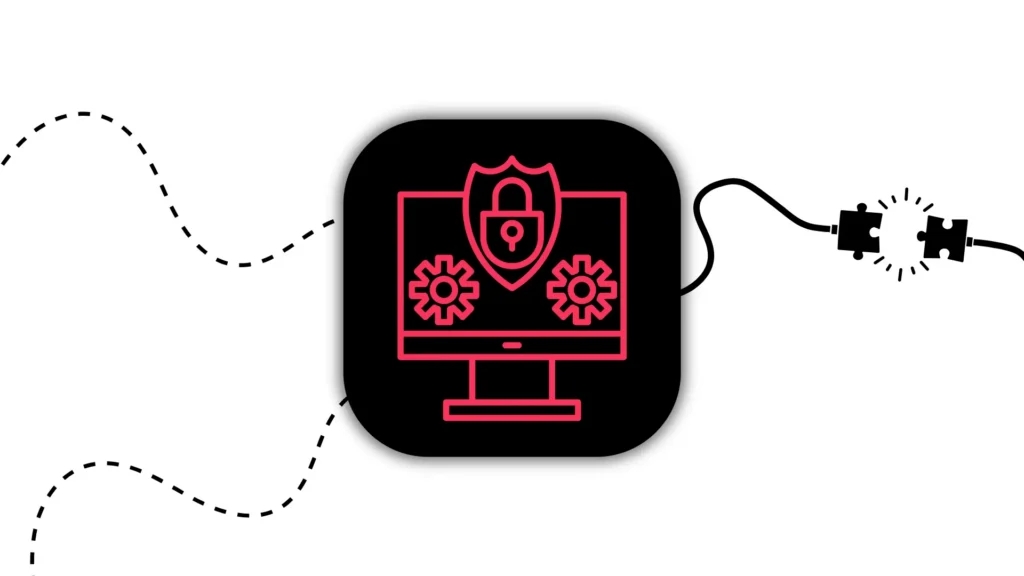The devil is in the details.
If you live, breathe, and own a TV set, you’ve likely heard this old saying. It gained a pop-star status not because someone famous had said it. No, it echoes in your mind because there’s truth to it. Indeed, to avoid any messy upsets businesses need to pay attention to details.
However, we beg to deviate a little. Better yet, we’ll go ahead and bend the saying ever so slightly because we need you to understand the crux of the matter. Why? We may know where the real “devil” hides.
“The devil’s in the details that are no longer obvious.”
What is home blindness and how it affects businesses?
Home blindness is closely related to its well-known sibling – hygge. Only, instead of having a positive meaning, it describes something… well, bad.
It means you’re so used to your environment that you fail to truly see its faults – details no longer obvious. And it so happens that businesses – especially well-established ones with stable markets and economies of scale – are prone to blissfully ignoring their shortcomings.
Slow-moving manual processes, paper-heavy inventory management, incoherent order fulfillment, outdated tools… Bad processes don’t stick around because you love them or because of their growth-spurring properties. They linger because companies become blind or used to them – complacent in their defective realities. Emmersend in their day-to-day, they fail to see those processes for what they really are – draining, ineffective, rotten, and redundant means of running operations.
How to diagnose home blindness in your business?
The danger of becoming homeblind is that you don’t perceive destructive patterns anymore. When we stop noticing those problems, finding a solution evaporates from a to-do list. So the question should be asked – how do you start noticing problems?
Well, you know how your relatives always seem to notice stuff around your house worth changing or repairing? It’s not because they’re neat-picking. In fact, they’re looking around with a fresh set of goggles. While you’ve become blind to your worn-out sofa, they’re able to see it for what it truly is – a few decades-old, rusty, worn-out sofa. It’s the same with your business.
To become aware of your inefficiencies, start by surveying someone fresh. Your new staff, outside partners, or consultancy companies. They should offer some clarifying proof of your home blindness. Also, honestly answering a set of questions should help as well.
- are there things that dropped off the ’to-do’ list, that we’ve just come to accept?
- do our processes involve a lot of hoop-jumping (complex unconnected actions)?
- are there things that need attention, that we’ve been procrastinating?
- what are we ignoring because the change feels frightening?
- are we holding on to things we should be letting go of?
- If not now then when?
Let us know how it went. In fact, feel free to let us know if you need any help. We’ll guide you through a short evaluation process and help you notice the details no longer obvious – no strings attached.
Similar insights

Inside Europe’s Cybersecurity Skill Shortage in 2026
17/02/2026
Which Software Development Process Is Best for Your Company?
10/02/2026
How To Know If Your Business Is Ready To Scale Internationally
21/01/2026
8 Hybrid Commerce Mistakes Companies Repeat in 2026
13/01/2026
Smart Workflows: AI Tools and Tips for Busy Leaders
16/12/2025
Supply Chain Attacks: Rethinking Third-Party Trust
10/12/2025
Choosing the Right Tech Stack in Uncertain Times
25/11/2025
How to Pitch and Get Your Ideas Approved at Work
12/11/2025
12 AI Cyberattacks That Made CEOs Very Cautious
21/10/2025
Let the success
journey begin
Our goal is to help take your organization to new heights of success through innovative digital solutions. Let us work together to turn your dreams into reality.